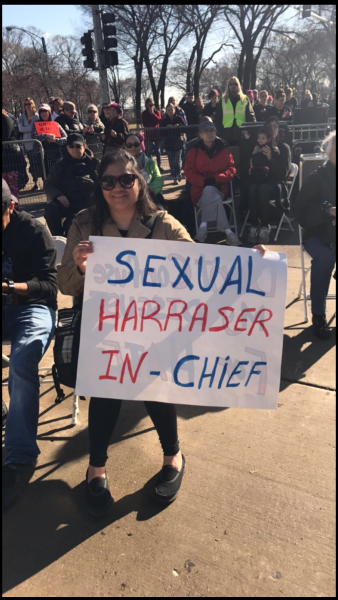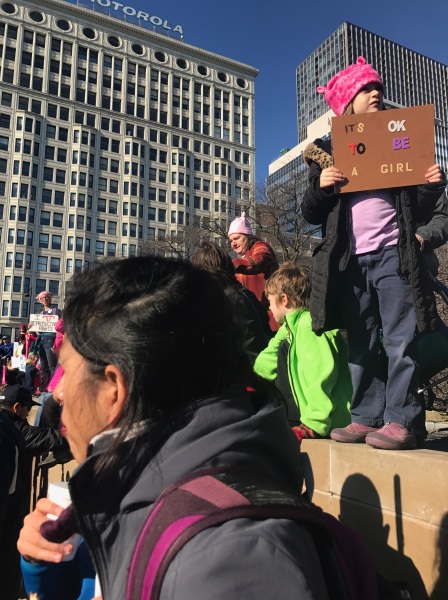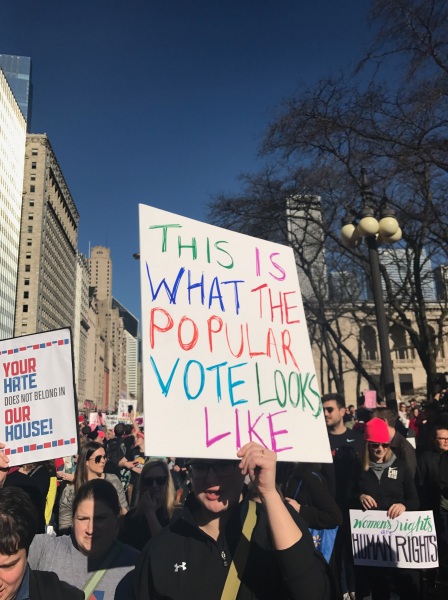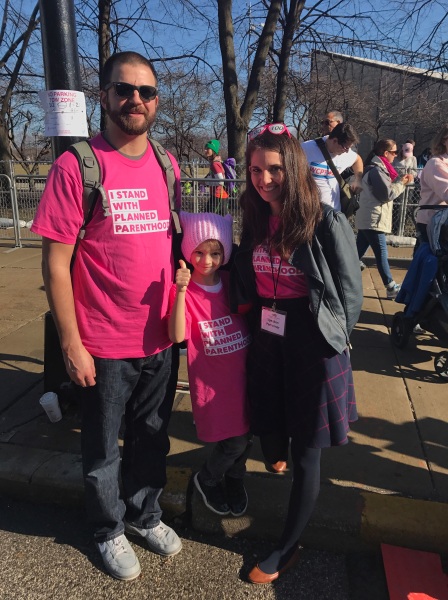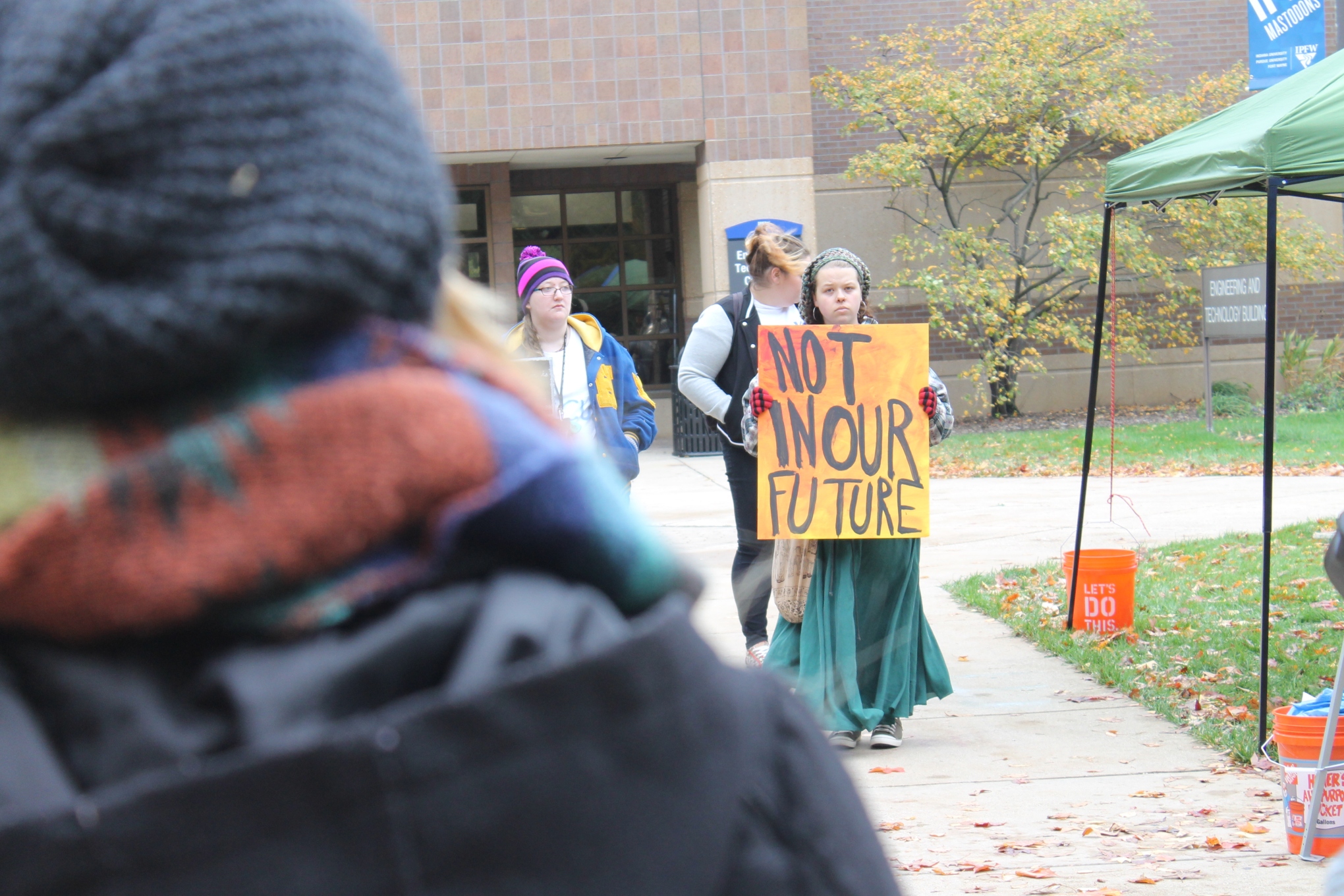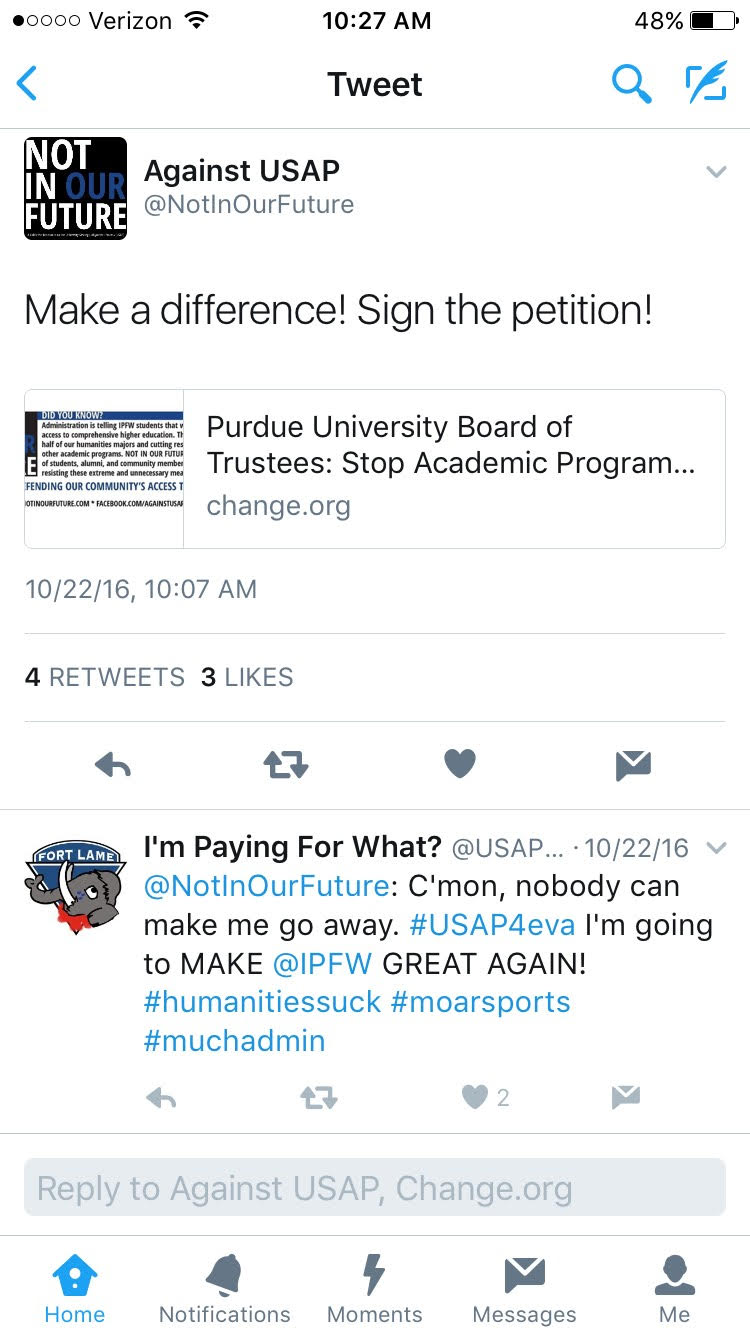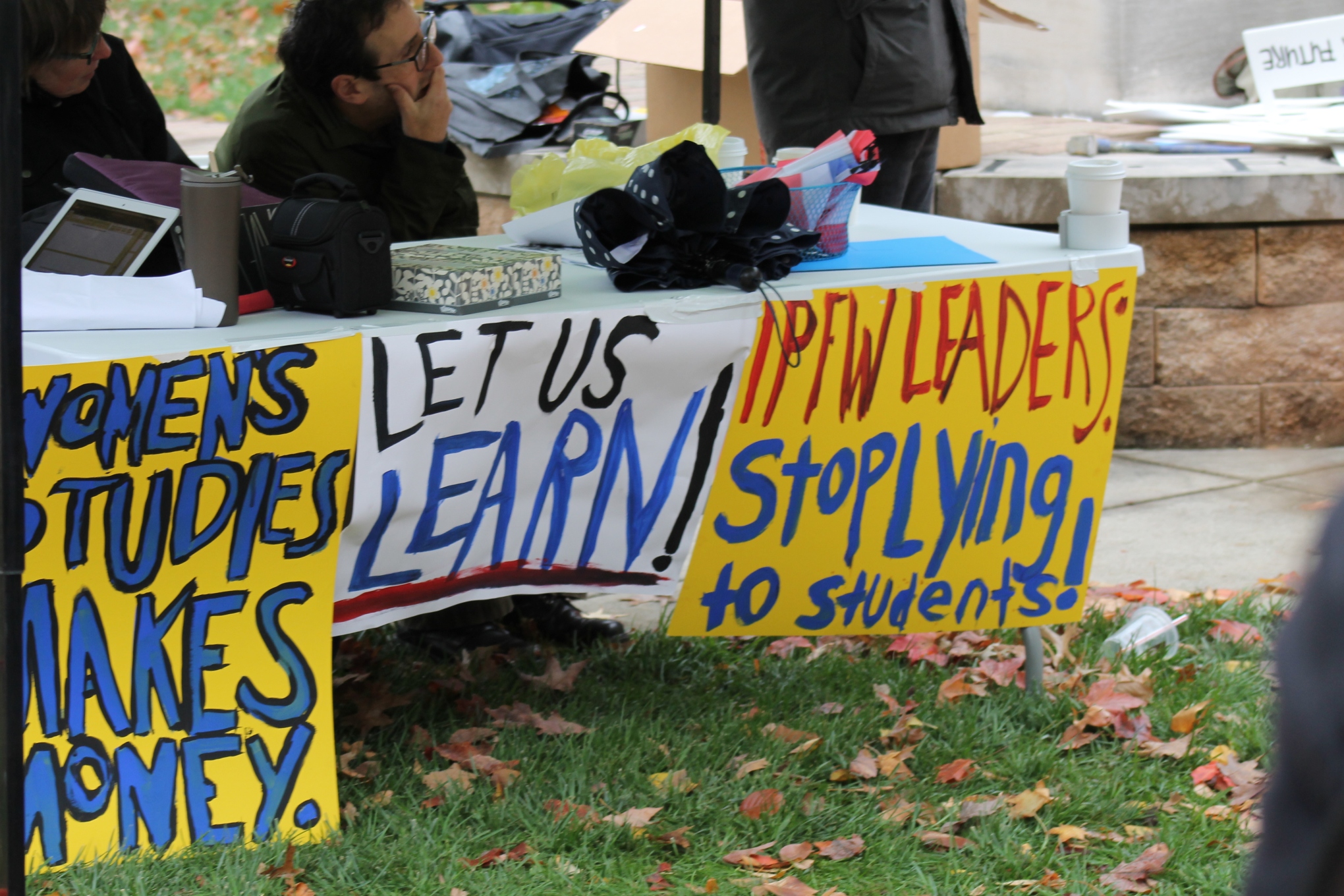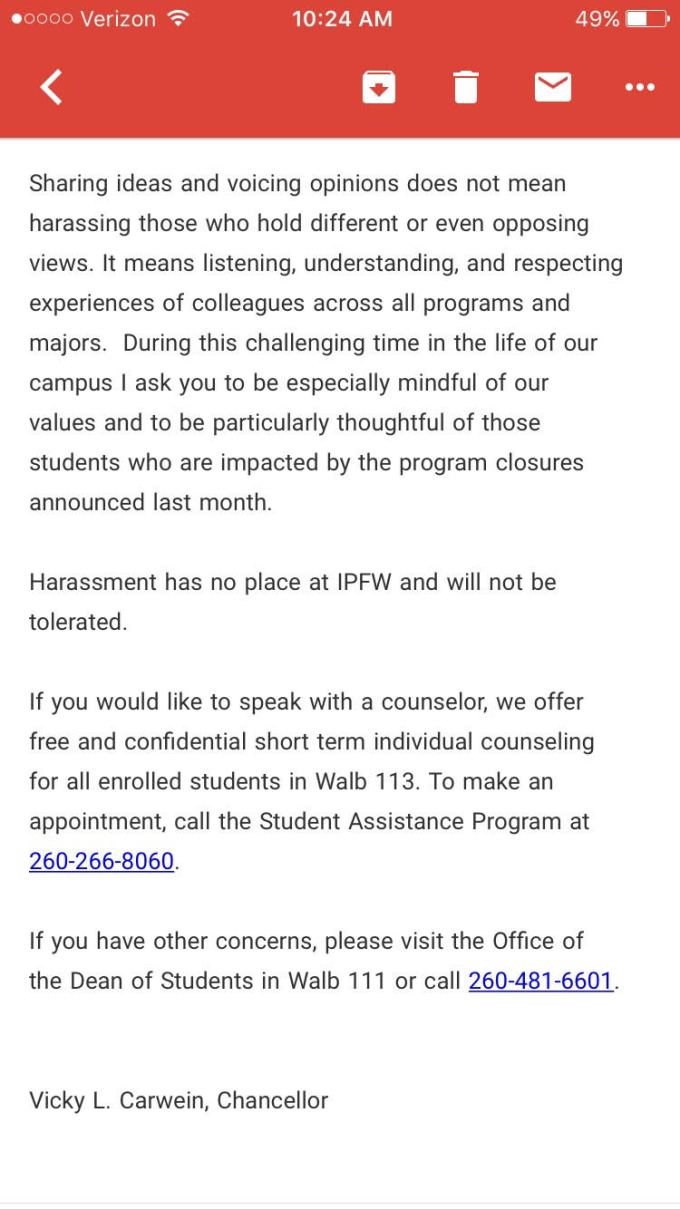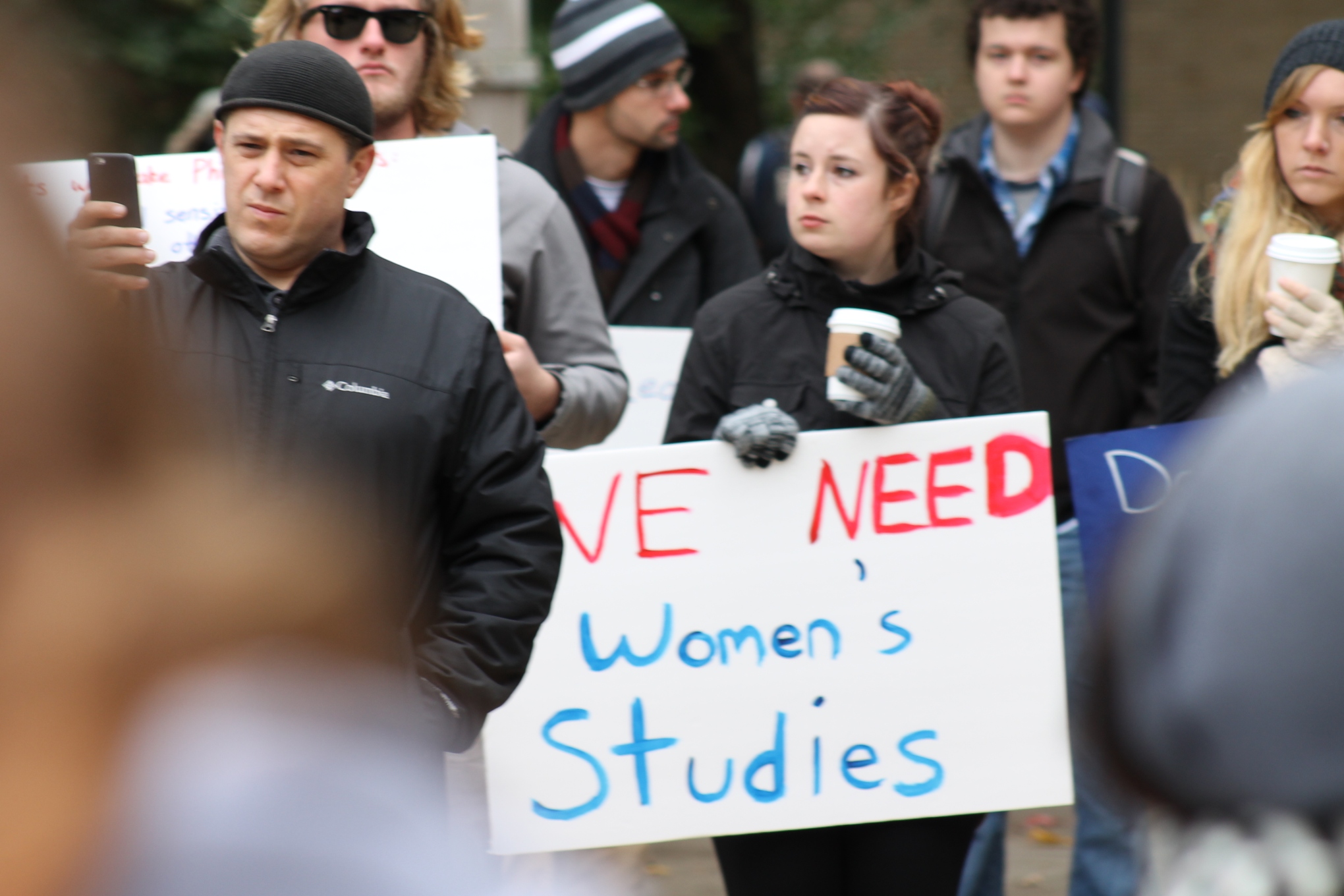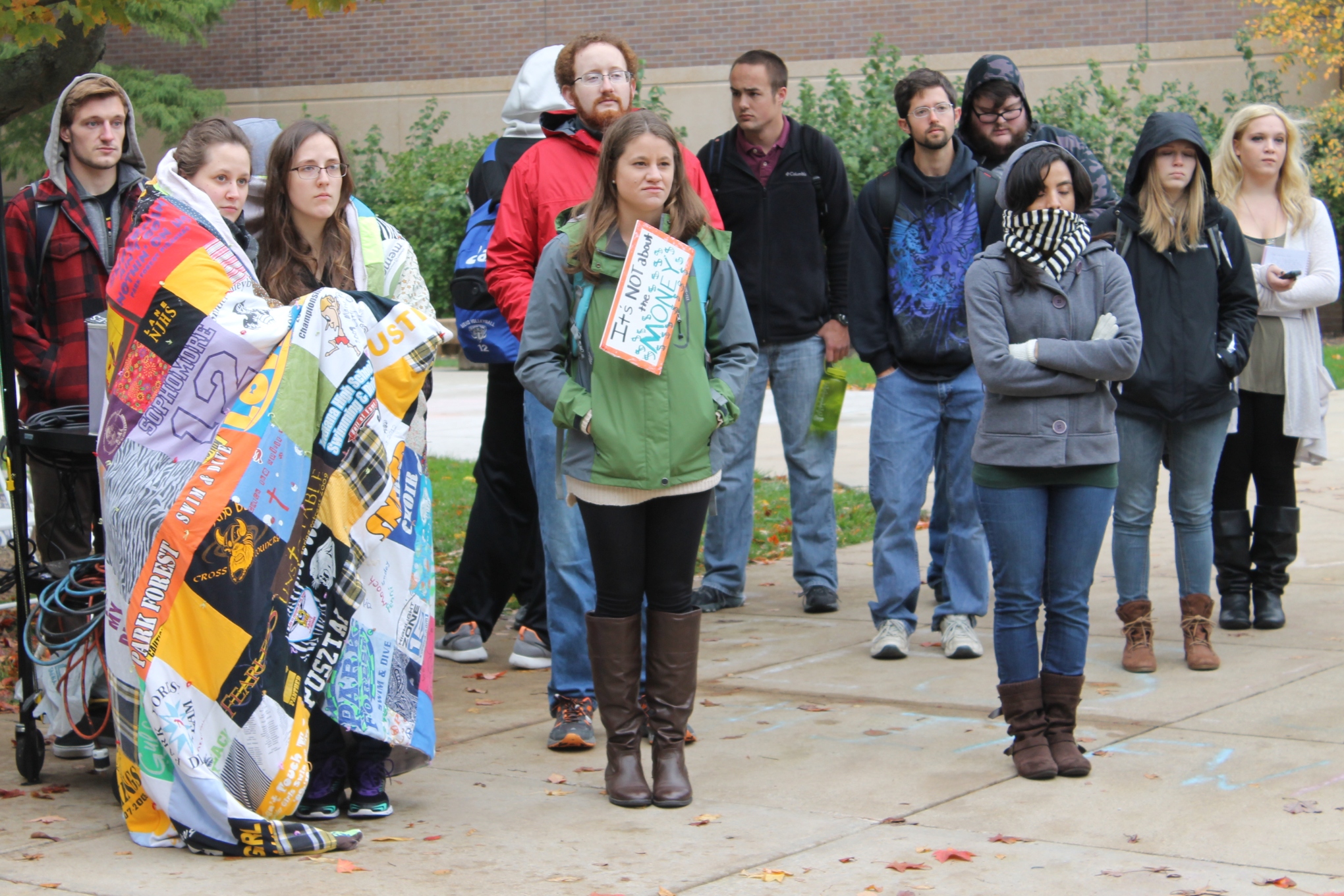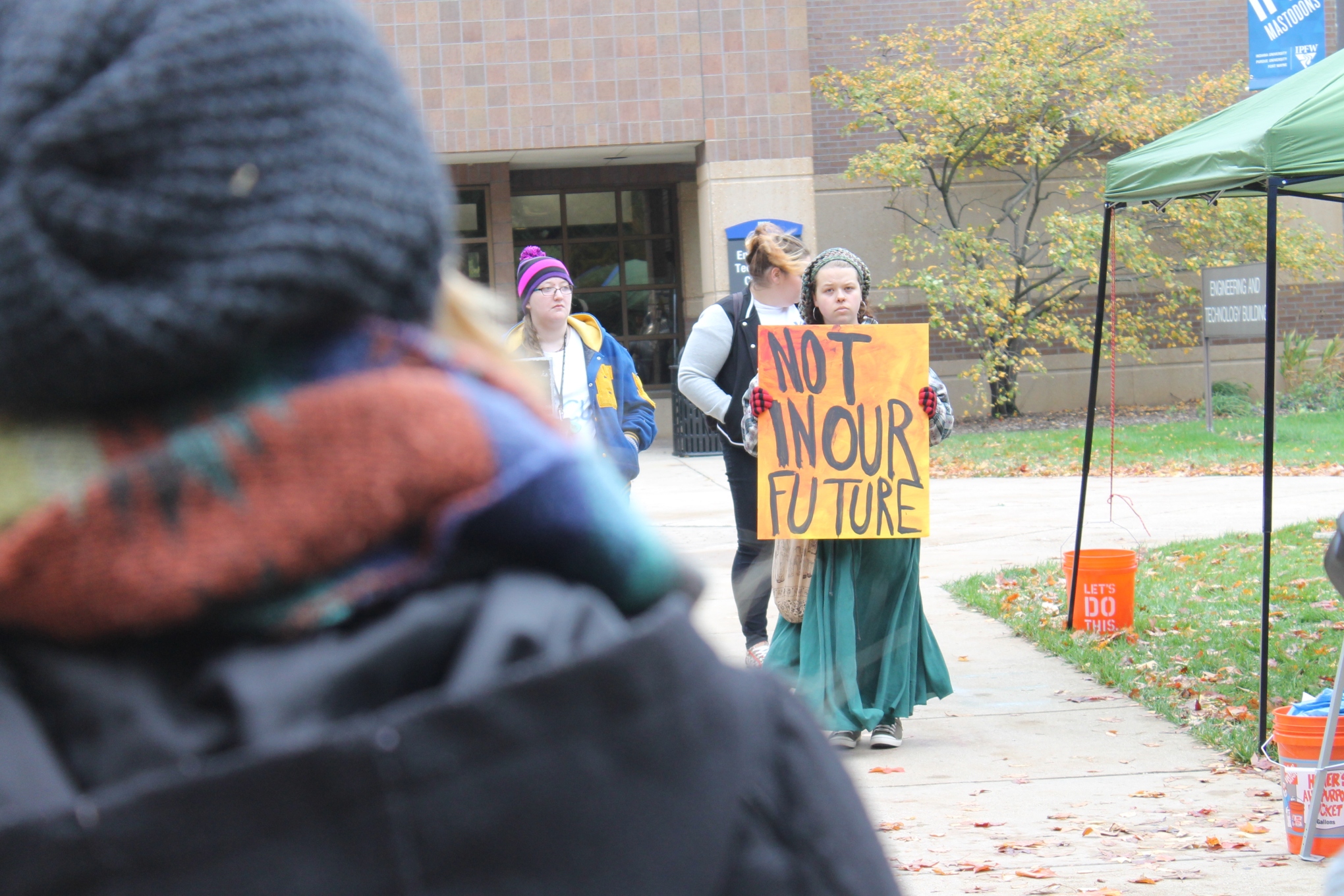Being First and the Honors Center are collaborating to offer a potential new scholarship, exclusively for honors students who are the first in their families to attend a four-year college.
The director of the IPFW Honors Center, Farah Combs, announced the possibility for the new scholarship at her talk “Are You Honors Program Material?” on Sept 21 in Walb Student Union.
Combs said the application for the first-generation scholarship will hopefully be available soon, following more discussions with HPC members to finalize the decision. Once students are accepted into the honors program, they must complete three credits in an honors or H-option course to apply for scholarships, which can reach $1,000, Combs said.
Aside from scholarship opportunities, Combs said benefits to joining the honors program include early registration for freshmen and sophomores, access to the Honors Center, and making students more marketable after graduation.
Despite these benefits, Julie Creek, director of the Office of Diversity and Multicultural Affairs, said Being First events about the Honors Center have significantly lower attendance than their other workshops. She said the first time they did the workshop over a year ago, nobody showed up.
“I think a lot of what we are dealing with is that whole impostor syndrome thing that first-gen students frequently deal with,” Creek said. “They can’t conceive of themselves as possibly being honors students, so, you know, why would I bother to go to something that doesn’t apply to me?”
Combs said she thought the talk went well but wished more students came. She said the Honors Center definitely needs to reach out to first-generation students more to make them aware of what the university can offer them.
Many first-generation students who attended the event said they would have considered joining the honors program if they had known more about it sooner. Thaigo Amaral, a junior mechanical engineering major from Piracicaba, Brazil, was one of them.
“If I knew all this information from the beginning I could have considered joining, but now I’m a junior so it’s too late probably,” Amaral said.
Creek said Being First will have to figure out better ways to get people to show up to these workshops. She said she considered having outdoor programs where people walking by can just join in.
“I think the feeling sometimes is that if I walk in that door they’ve got my soul and we don’t,” Creek said. “I mean, we don’t want anyone’s soul. We just want to help them get through school and have the absolute best experience possible. But they ultimately have to be the ones that step up and say, ‘Yes, I want to do this.’”
Being First will hold more workshops throughout the semester on topics such as the library, Facebook, studying abroad and impostor syndrome. Dates for these events can be found on the IPFW website.


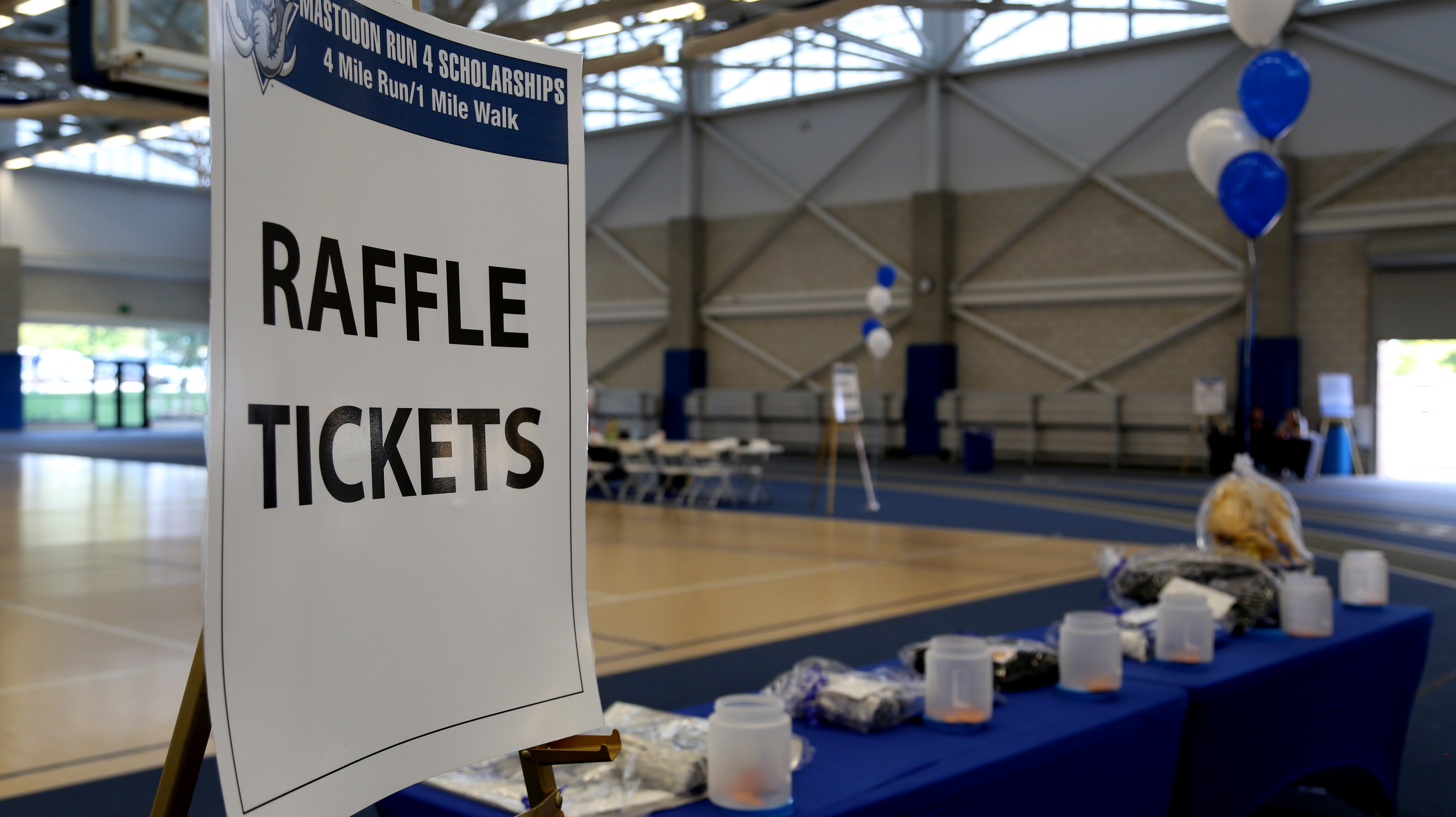
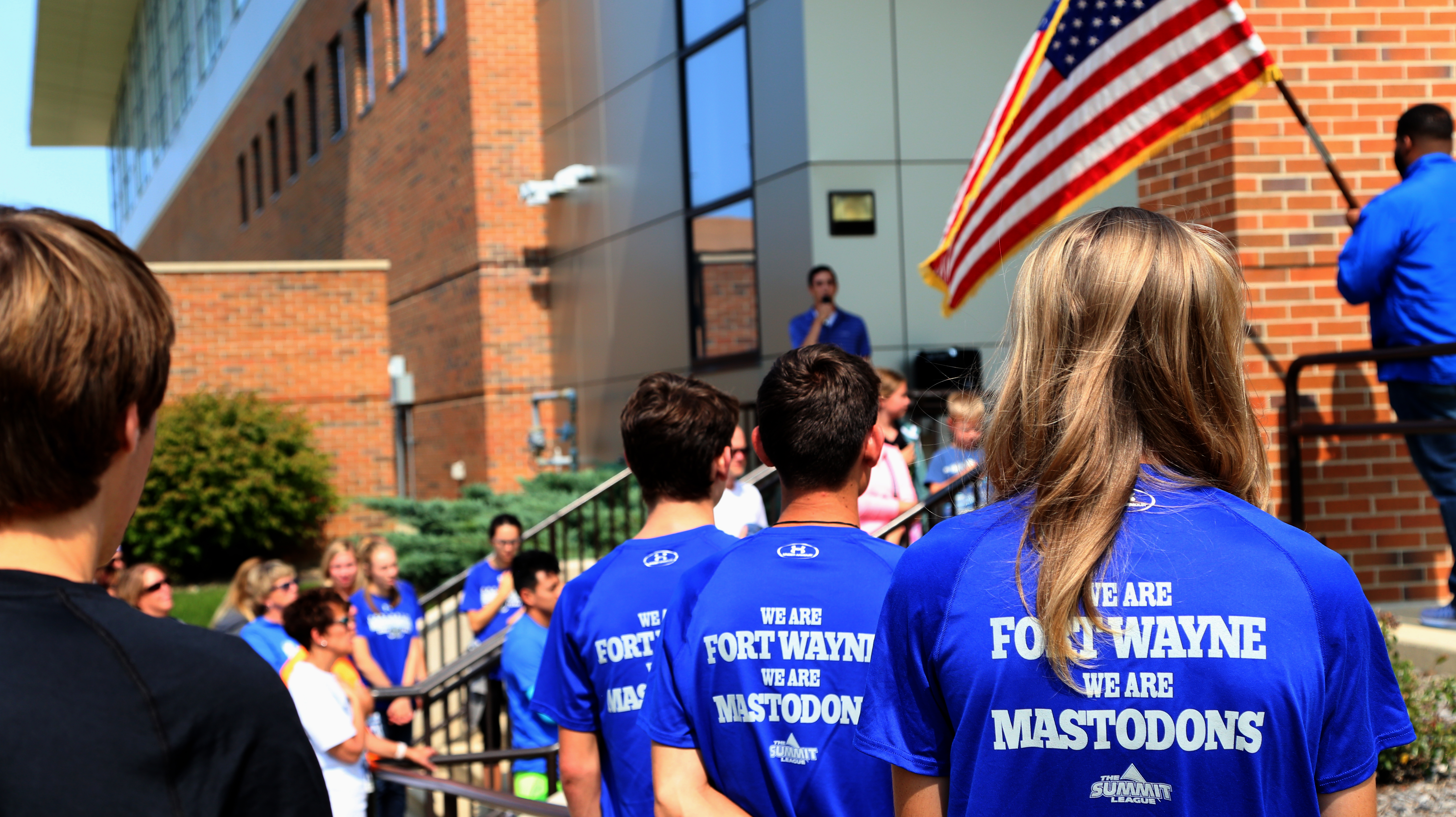


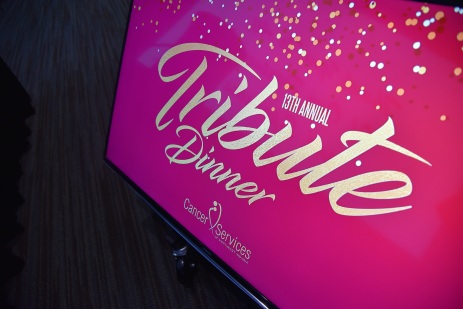

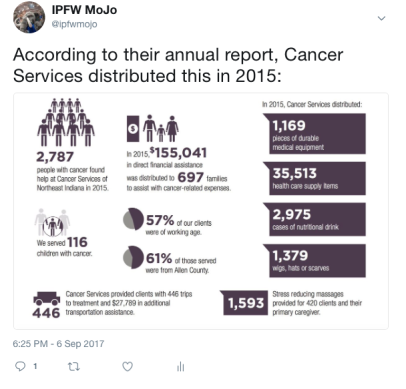

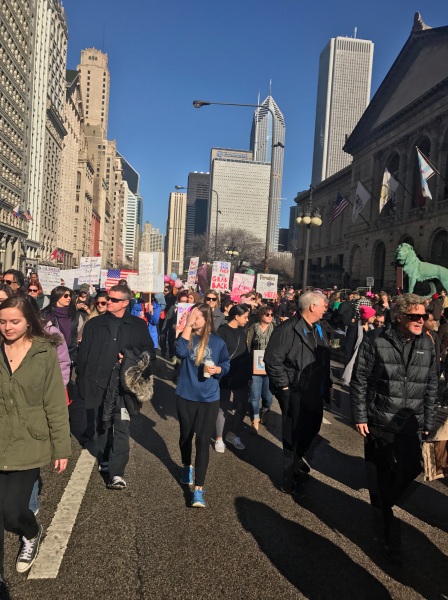 women and allies gathered in downtown Chicago carrying vibrant signs for the Women’s March on Jan. 21.
women and allies gathered in downtown Chicago carrying vibrant signs for the Women’s March on Jan. 21.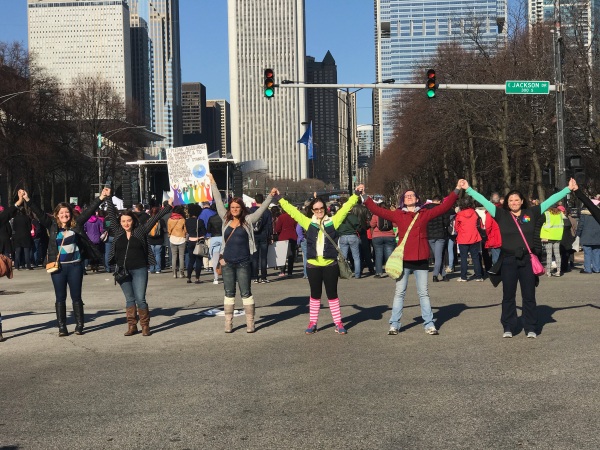 Hundreds of these allies filled the provided seats to watch an array of speakers and performers present onstage.
Hundreds of these allies filled the provided seats to watch an array of speakers and performers present onstage.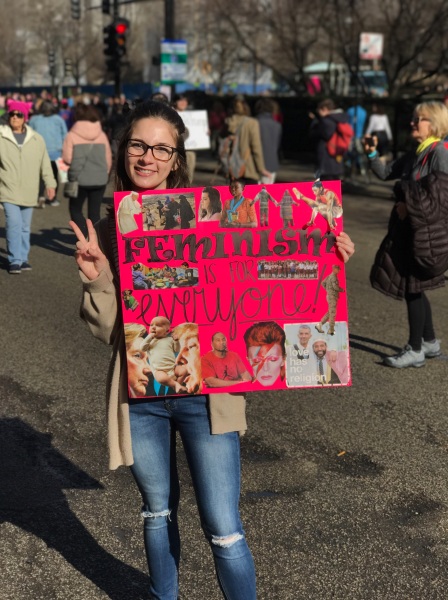 hany Williams said the event, held the day after the inauguration of President Donald Trump, was meant to create a sense of unity and support amongst women and minorities whose rights are being threatened.
hany Williams said the event, held the day after the inauguration of President Donald Trump, was meant to create a sense of unity and support amongst women and minorities whose rights are being threatened.